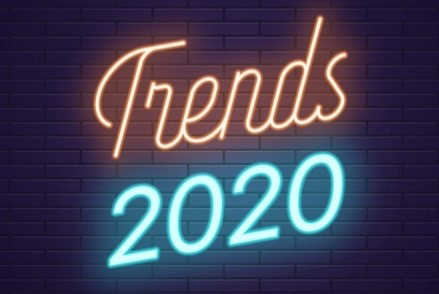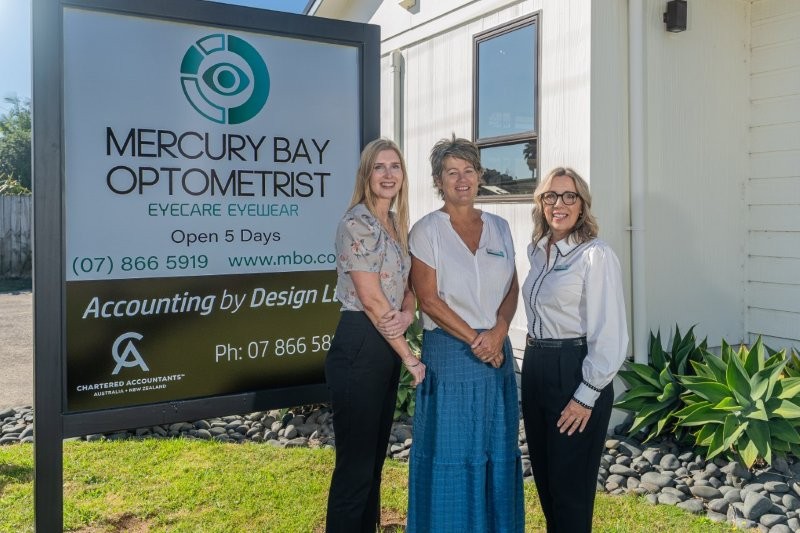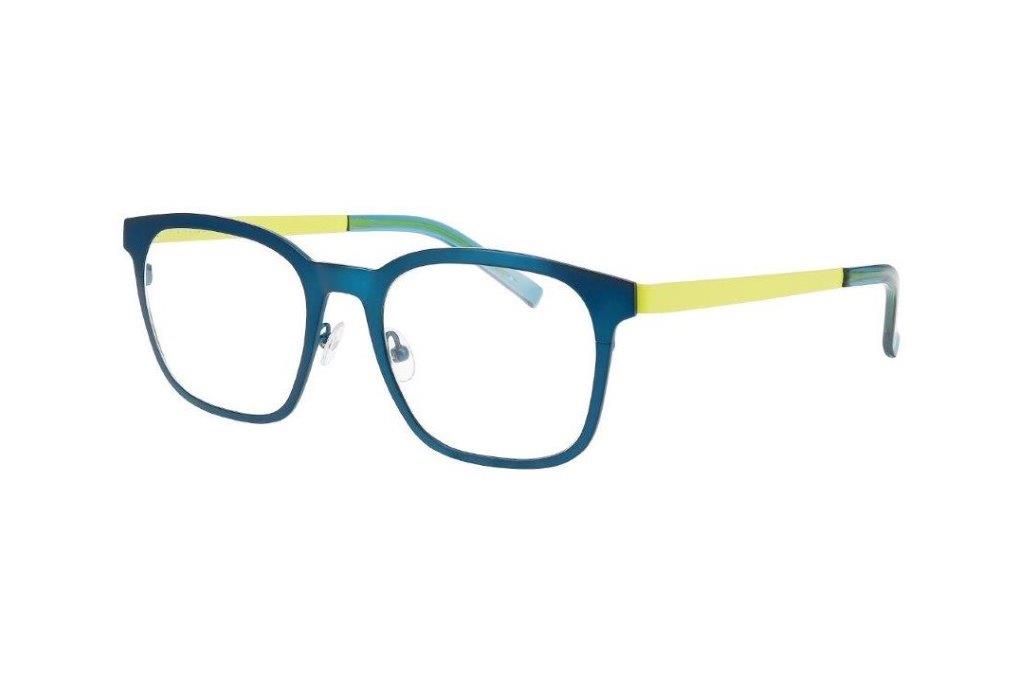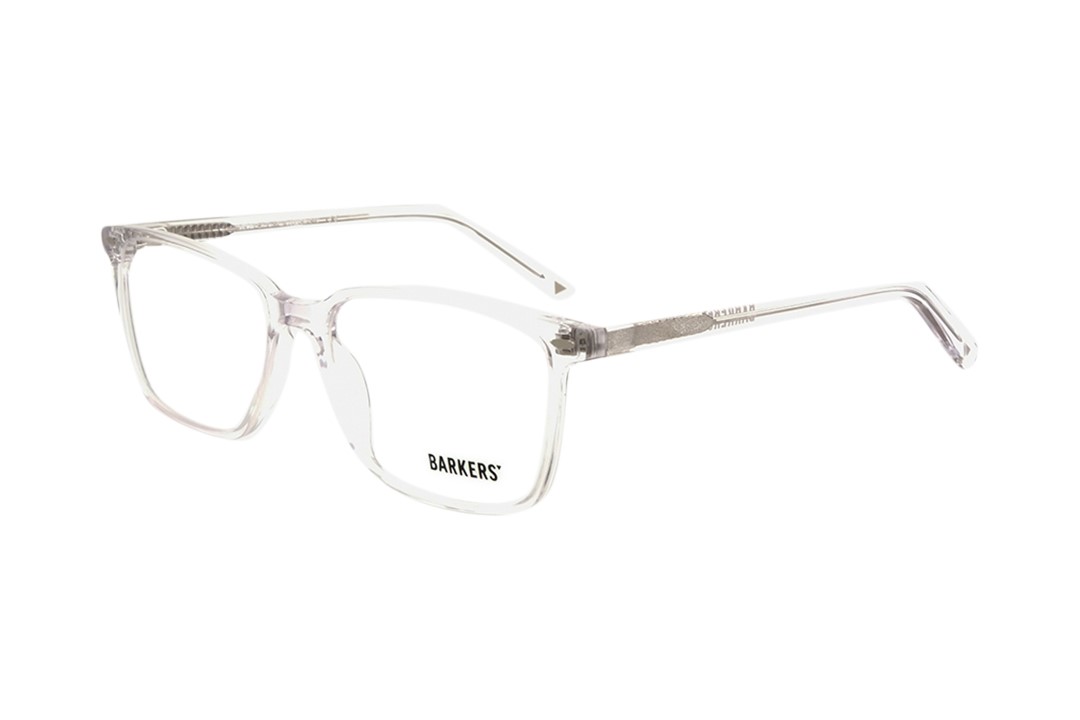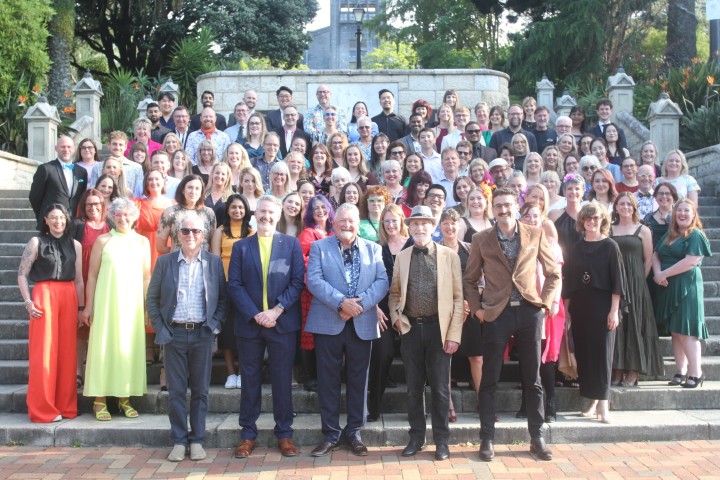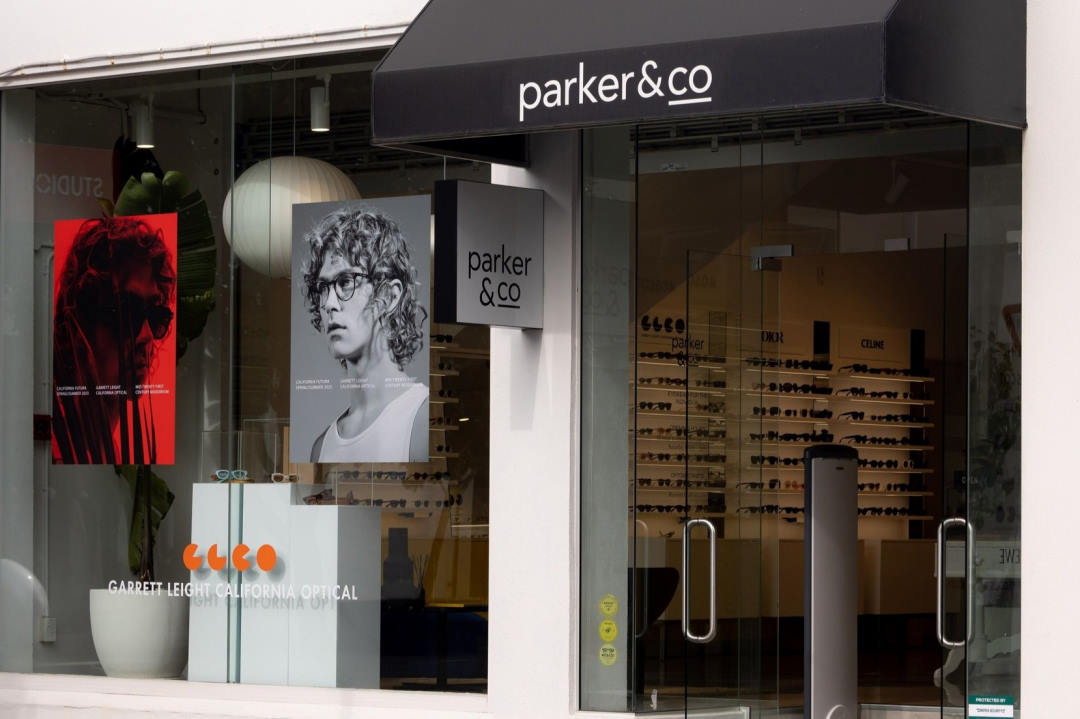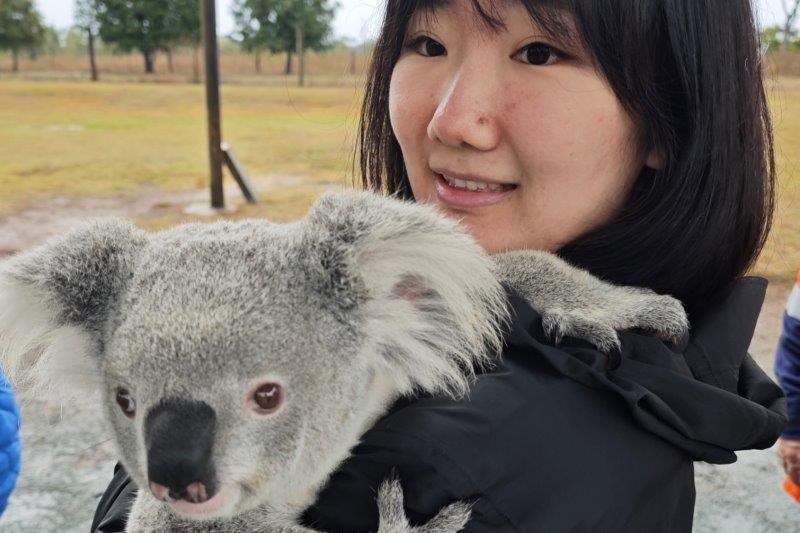2020 consumer trends
For the 2020 consumer, opinions of family and friends continue to be more important than other factors impacting purchasing decisions. Customer experience online reviews also proved popular among respondents in Brandwatch’s global consumer trends survey, while very few participants thought sponsored or non-sponsored online influencer had an effect.
“This is an interesting conundrum for online marketers,” the report said. “While many claim the return on investment on influencer marketing outperforms other channels, this survey suggests that influencer marketing isn’t particularly effective at all.”
Respondents in all countries rated ‘quality’ higher than ‘affordability’ when asked what attribute is most important when deciding which fashion brand to purchase. Malaysia and Singapore scored highly for ‘personalisation’ as an attribute they value highly in fashion brands.
Sustainability is identified as a key consumer driver in Deloitte’s 2020 consumer report. Deloitte also rates affordability highly, globally, with rising prices for food, energy and other basic needs a result of the growing population globally and the new middleclass in emerging markets.
Deloitte concludes that consumer values, needs and behaviour will continue to evolve and, while the effects of the 2008-2009 world economic recession will continue to be felt for many years to come, it is only one of several developments keenly felt by consumers. Deloitte pinpoints climate change and sustainability as key concerns of consumers everywhere, while developments in media and technology will continue to accelerate the proliferation of information, redefining how we interact with businesses.
So, what will the increasing need for sustainability mean for businesses? In short, consumers will be less attracted to non-sustainable products in the coming decade, Deloitte’s report suggests. But, offering a relevant service or product aligned with your customers’ values is not enough on its own. To be successful, Deloitte says all businesses need to actively shape conversations with customers, they need to ‘walk the talk’, to go where their customers are. “Companies need to be present everywhere their customers go and ensure they have a positive experience at every point.”
Similarly, Pinterest reported a key trend for the forthcoming year is a demand for more environmentally friendly products and content. Other leading trends on the social media platform includes a return to the ‘90s with grunge fashion,’90s music and space-themed inspiration.
‘Green pressure’ is also Trendwatching’s number one 2020 consumer trend. “When eco-alternatives go mainstream, the key implication is a shift in the moral calculus for consumers. When eco-friendly alternatives are as available, affordable and effective as the legacy option, there's no reason not to choose them. Eco-consumption becomes less about the status of opting in, and more about the shame of opting out,” say authors.
Trendwatching’s second trend for 2020 is the emergence of brand avatars. Set against the backdrop of a fragmented media landscape, digital channels continue to thrive, paving way for virtual reality experiences like Alexa, Fortnite and in-store touchscreens, say authors. “Consumers will pay more attention to brands who embody themselves via new virtual characters and avatars, allowing them to inhabit digital channels in richer, more immersive and more human ways.”
Consumers are ready for meaningful relationships with artificial intelligence-fuelled entities, according to Trendwatching, which also reports that Amazon is working on wearable technology to understand and respond to the emotions of the user.
“The rise of these virtual companions is priming consumers to expect branded virtual entities connecting with us on a deeper level.” It may seem far-fetched to think that avatars will become common practice in an optometry practice or a surgery but, then again, as Deloitte’s report said, you need to go where your patients are.










